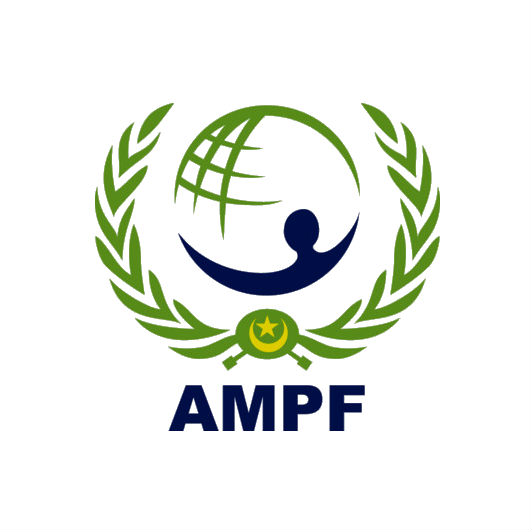
| 31 March 2016
Associação Guineense para o Bem Estar Familiar
Guinea-Bissau is one tenth the size of its neighbour Guinea-Conakry, but its people suffer equally distressing sexual and reproductive health (SRH) problems. The Associação Guineense para o Bem Estar Familiar was established in 1993 to address the major issue in family planning: equipping couples to make active, informed choices about the number of children they would have, and when they would have them. Since then, the Member Association’s work has expanded to embrace a full range of SRH concerns. It provides young people with information, education and communication (IEC) and behaviour change communication (BCC) around sexual and reproductive health; it works on the prevention, diagnosis and management of sexually transmitted infections (STIs) includind HIV; it provides post-abortion care and support; it provides care for victims of gender-based violence (GBV); and it advocates strongly at government level for legislation to prevent GBV. Associação Guineense para o Bem Estar Familiar achieved these results through a small but committed team that operate over hundred service points, including static clinics and community-based service points. Despite the relatively small size of the organization, it is growing rapidly with strong central support from IPPF, influential government partnerships, and backing from non-governmental organizations including UNFPA.

| 31 March 2016
Association Mauritanienne pour la Promotion de la Famille
Since it was founded in 1990, the Association Mauritanienne pour la Promotion de la Famille (AMPF) has focused primarily on sensitizing both the general population and the country’s political and religious leaders to the personal and economic benefits of family planning, and on promoting provision of proper sexual and reproductive health (SRH) services. AMPF provides SRH services including family planning (FP), antenatal and post-natal counselling, mother and child immunization, paediatrics, incomplete abortion care and referral, HIV and AIDs protection including PMTCT, and general SRH counselling. Sensitization and awareness creation is indirectly carried out through children’s vaccination clinics, through programmes providing nutritional advice, and through general maternal and child health services (a critical requirement in a country subject to high levels of maternal and child mortality). AMPF is committed to improving women’s status as a fundamental principle if the nation’s demographic circumstances are to change for the better. Spreading awareness of the benefits of birth spacing is an important component in this, as is the promotion of economic opportunities for women. AMPF has been involved in the creation of a number of craft-based co-operatives in pursuit of this aim. Special efforts have been made to reach marginalized and under-served populations. AMPF’s efforts in advocacy and policy dialogue contributed to enacting the Reproductive Health Act, a Religious judgment outlawing female genital mutilation (FGM) and other harmful practices. AMPF enjoys a good reputation and has strategic partnerships with the Ministry of Health, other CSOs, and with the UNFPA. Website: http://maurifemme.org/Ong/ampf.html







